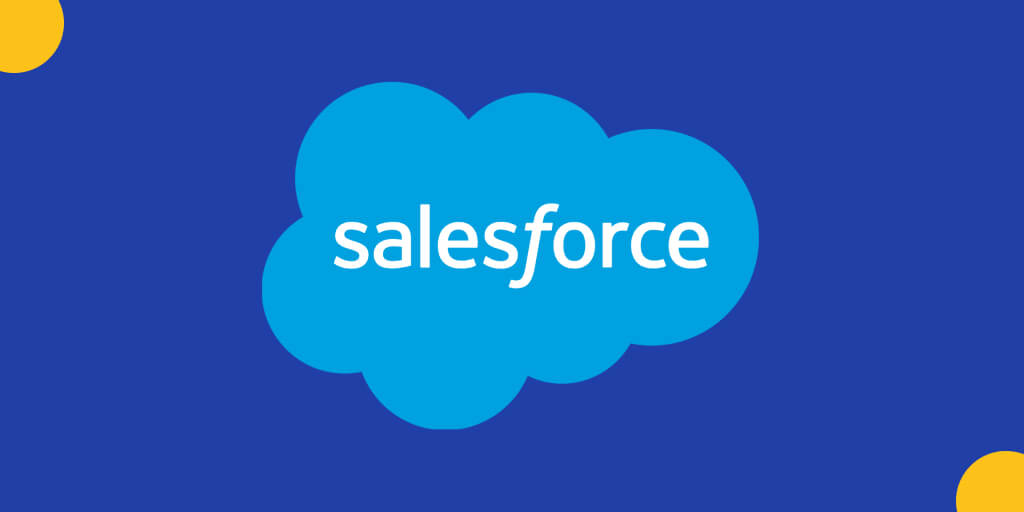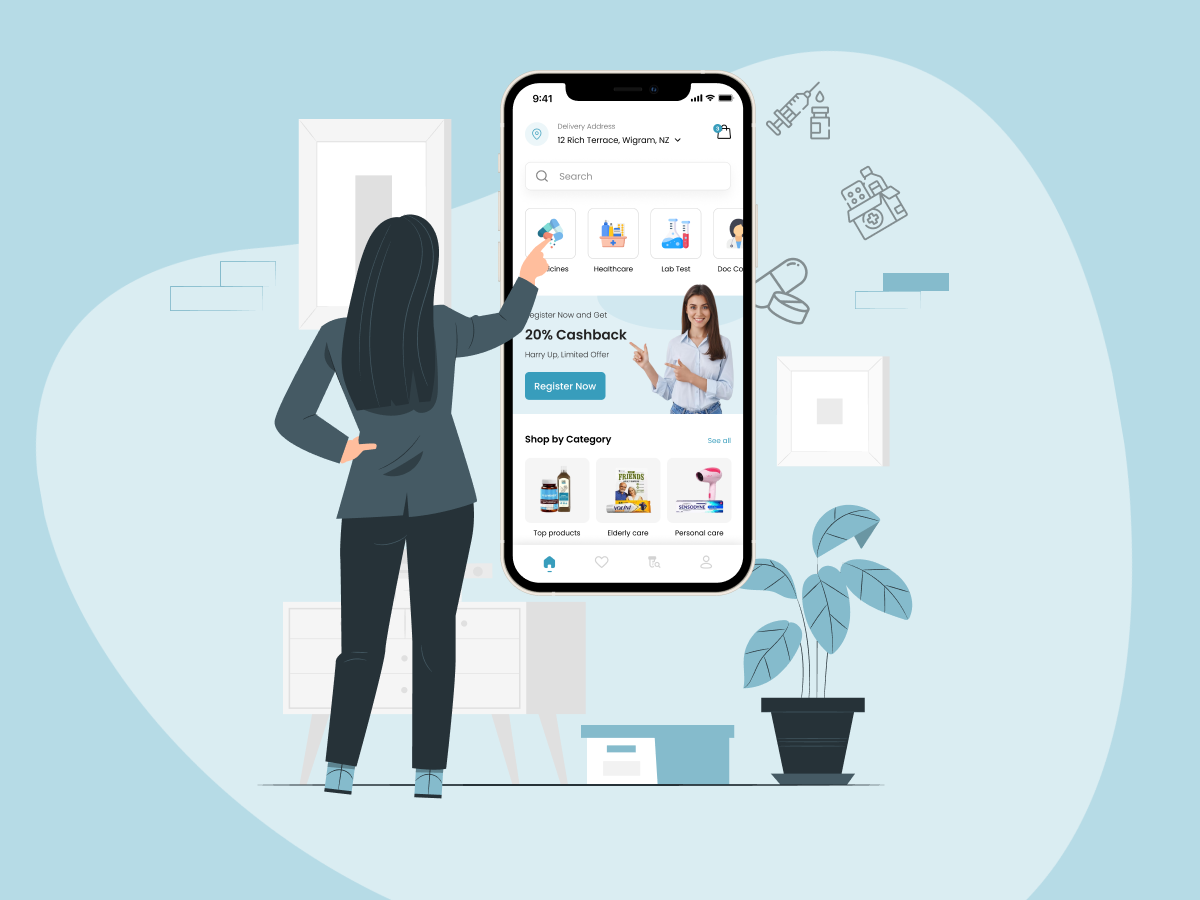Navigating the complexities of Salesforce can be a game-changer for businesses in the bustling metropolis of New York. Whether you’re a burgeoning startup or a well-established enterprise, leveraging the power of this leading CRM platform requires expert guidance. Often, businesses seeking salesforce consulting in new york encounter two key roles: the Salesforce Functional Consultant and the Salesforce Implementation Consultant. While both are crucial for a successful Salesforce journey, understanding their distinct responsibilities is vital for choosing the right expertise to propel your business forward.
In the competitive landscape of salesforce consulting partner , it’s essential to differentiate between these specialized roles. Think of it this way: both contribute to building a strong Salesforce foundation, but their approaches and focuses differ significantly.
The Salesforce Functional Consultant in New York: Your Strategic Navigator
Imagine your business goals and challenges as a complex map of New York. The Salesforce Functional Consultant acts as your experienced navigator, understanding your destination and charting the best course using the Salesforce platform. Their core focus lies in deeply understanding your unique business processes, pain points, and strategic objectives. For businesses seeking salesforce consultants to provide strategic direction, the functional consultant is your go-to expert.
Key Responsibilities of a Salesforce Functional Consultant:
- Deep Dive Requirements Gathering: They conduct thorough workshops and interviews with your New York-based teams to understand your specific sales cycles, customer service workflows, marketing campaigns, and other critical business operations.
- Solution Design Tailored for New York Businesses: Based on their understanding, they design the optimal Salesforce solution, recommending the right Salesforce clouds (Sales Cloud, Service Cloud, Marketing Cloud, etc.) and outlining how they can be best utilized to meet your New York business needs.
- Gap Analysis and Process Optimization: They identify the discrepancies between your current processes and Salesforce’s capabilities, proposing tailored solutions and recommending best practices relevant to the New Yorkmarket.
- Creating Detailed Functional Specifications: They translate your business requirements into clear and concise functional specifications, acting as a blueprint for the technical implementation team. This ensures everyone is on the same page regarding what the Salesforce system will achieve for your New York operations.
- User Story Development: They break down complex requirements into manageable user stories, providing a clear roadmap for the implementation phase.
The Salesforce Implementation Consultant in New York: The Skilled Builder
Once the strategic roadmap is defined by the Salesforce Functional Consultant, the Salesforce Implementation Consultant steps in as the skilled builder. They take the functional specifications and bring the Salesforce solution to life. Their expertise lies in the technical configuration and customization of the platform. While a salesforce functional consultant in new york focuses on the “what” and “why,” the implementation consultant focuses on the “how.”
Key Responsibilities of a Salesforce Implementation Consultant in New York:
- Technical Configuration and Customization: They configure the Salesforce platform based on the functional specifications, including setting up user roles, security permissions, workflows, validation rules, and more.
- Data Migration and Integration: They manage the crucial process of migrating your existing data into Salesforce and integrating it with other relevant business systems used in your New York operations.
- Apex and Visualforce Development (Often in collaboration with a Salesforce Developer in New York): For complex customizations that go beyond standard configuration, they might write code using Apex and Visualforce or collaborate closely with a dedicated salesforce developer in new york.
- Testing and Quality Assurance: They rigorously test the implemented solution to ensure it meets the functional requirements and performs flawlessly.
- Deployment and Go-Live Support: They oversee the deployment of the new Salesforce system and provide crucial support during the initial go-live phase for your New York teams.
The Synergy in Salesforce Consulting in New York
It’s important to understand that while their roles are distinct, Salesforce Functional Consultants and Salesforce Implementation Consultants work collaboratively. The functional consultant provides the vision and the detailed plan, while the implementation consultant executes that plan with technical expertise. Often, a successful salesforce consulting partner in new york will have teams comprising both types of consultants working in tandem to deliver optimal results.
Choosing the Right Expertise for Your New York Business
When engaging with salesforce consultants in new york, consider your specific needs:
- If you need help defining your Salesforce strategy, optimizing your business processes, and translating them into Salesforce requirements, a Salesforce Functional Consultant is your primary point of contact.
- If you have a well-defined plan and require technical expertise to configure, customize, and deploy Salesforce, a Salesforce Implementation Consultant is the key resource.
Understanding the difference between these crucial roles will empower your New York business to make informed decisions when seeking salesforce consulting in new york and ultimately achieve greater success with the Salesforce platform. By partnering with the right expertise, you can unlock the full potential of Salesforce and thrive in the competitive New York market




